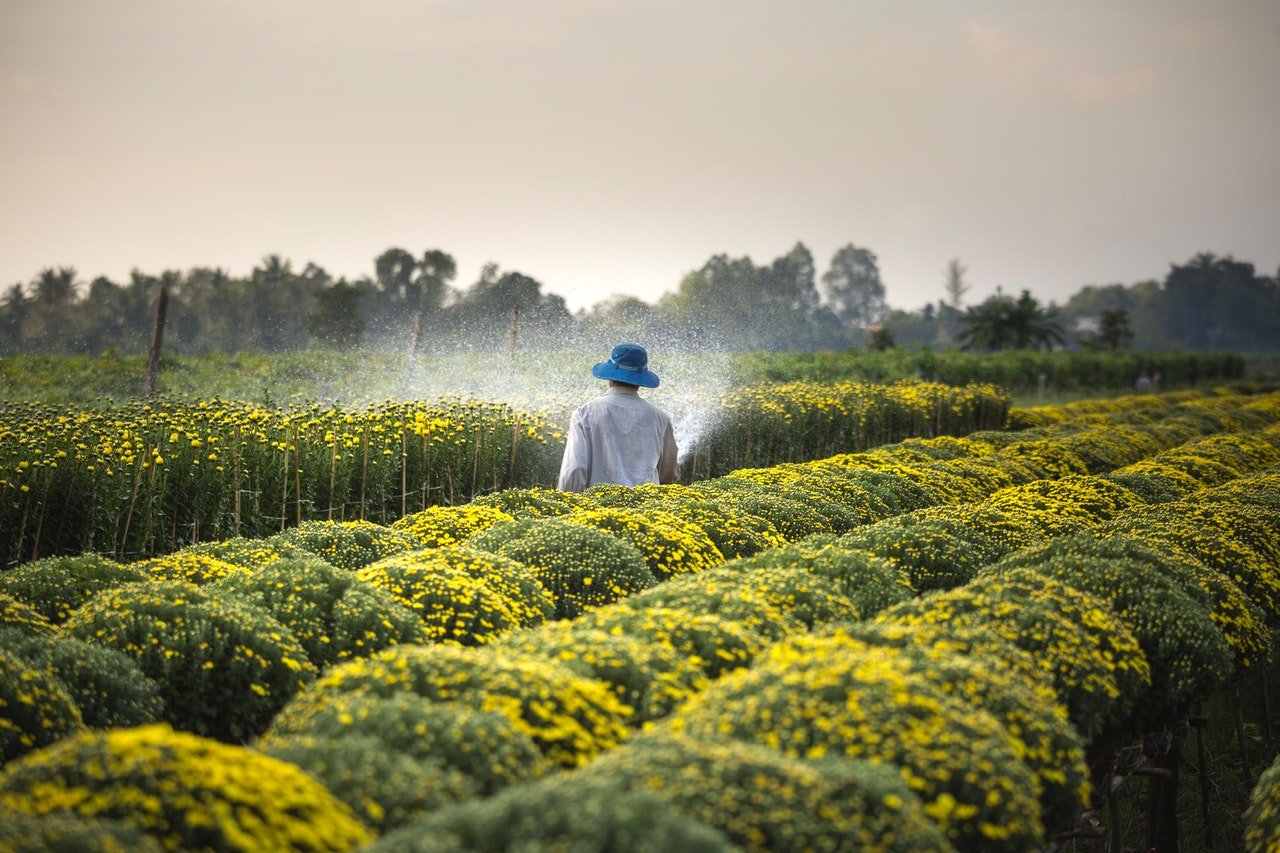New Delhi, 16th April 2021 : Noting that Prime Minister Narendra Modi’s call to expand the Indian agriculture sector with better post-harvest food processing facilities is an opportunity for the country’s agrochemical industry, Insecticides (India) Ltd. highlights that realising such a move is possible by implementing robust farmers’ education programme and improving R&D investments by all the industry.
“India is among the top manufacturers of agrochemicals and one of the top exporters as well. However, domestic consumption of agrochemicals remain dismal which leaves crops vulnerable to threats insects, diseases and weeds. However, with the current level of usage and the crop loss due to it, achieving such a goal is difficult. Realising the Prime Minister’s call to expand Indian agriculture to the world is an opportunity to the Indian agrochemicals industry as crop protection products will play an important role here. says Mr. Rajesh Aggarwal, Managing Director, Insecticides (India) Ltd.
Agrochemical use in India, one of top 5 exporters of pesticides to the world, is one of the lowest in the world. Key reasons for the low use include lack of information and motivation among farmers, lack of R&D investment that causes overdependence of generics, and difficulties in the supply chain and logistical inefficiencies. Supply chain and logistical inefficiencies alone leads to an estimated post-harvest loss of INR 92,651 crore annually.
“In the past few years, the agrochemicals industry in India has grown by about 5 percent. However, the challenges have largely remained the same – farmers’ willingness to adopt new crop protection products, new products out of reach of all farmers, and low investment rate of companies into R&D, making the Indian market over dependent on generics. As a responsible company, IIL has been investing in R&D in a sustained manner and carrying out farmers’ education programmes in various parts of the country. Even during the pandemic when such programmes were not being allowed physically, we collaborated with local NGOs to distribute short but informative pieces in vernacular languages digitally.” Added Mr. Aggarwal.
